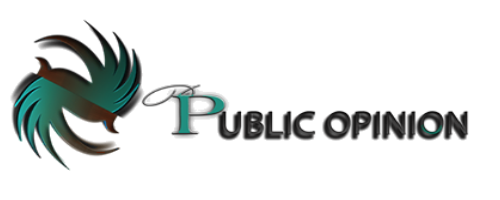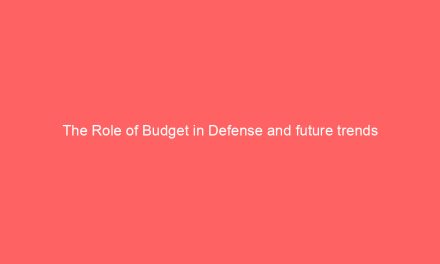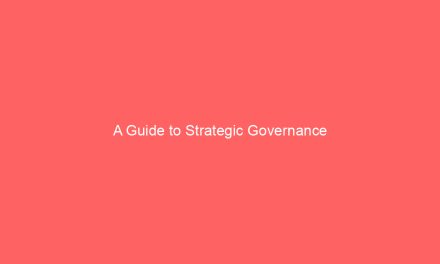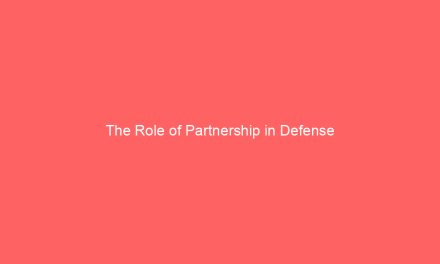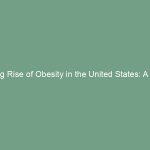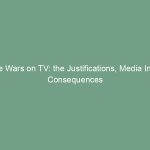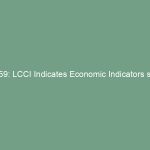The Role of Public Opinion in Policy-making Process
Public opinion plays a crucial role in the policy-making process of any democratic society. It serves as a fundamental mechanism for citizens to express their preferences, concerns, and aspirations to the government. In turn, policymakers rely on public opinion to gauge the needs of the people and make informed decisions that align with the interests of the society they represent. This article explores the significance of public opinion in the policy-making process, highlighting its influence, limitations, and the challenges it poses.
1. Introduction
The policy-making process is a complex and multifaceted endeavor that involves numerous stakeholders, including policymakers, interest groups, experts, and the general public. Among these stakeholders, public opinion holds a distinct position due to its ability to influence the decisions and actions of policymakers. Public opinion represents the collective sentiment and preferences of the citizens, making it a vital component in shaping policies that resonate with the needs and aspirations of the society.
2. Understanding Public Opinion
Public opinion refers to the views, attitudes, and beliefs held by the general population on specific issues or policies. It is formed through various channels, including personal experiences, social interactions, media exposure, and political discourse. Public opinion is not a static entity but rather a dynamic force that evolves over time, reflecting changing societal norms, values, and circumstances.
3. Public Opinion as a Democratic Tool
In a democratic society, public opinion serves as a vital tool for ensuring government accountability and responsiveness. It allows citizens to voice their concerns, express their preferences, and participate in the decision-making process. By incorporating public opinion into policy-making, governments can enhance the legitimacy of their actions and promote a sense of ownership among the citizens.
4. Shaping Policy Agendas
Public opinion plays a crucial role in shaping policy agendas. When an issue gains significant attention and support from the public, policymakers are more likely to prioritize it and include it in their policy discussions. By focusing on the concerns and priorities of the citizens, governments can address pressing issues effectively and gain public trust.
5. Public Opinion and Policy Implementation
The success of policy implementation often hinges on public support and cooperation. Public opinion can significantly influence the implementation process by shaping public perception, willingness to comply, and level of engagement. Policies that align with public opinion are more likely to be embraced by the citizens and implemented successfully.
6. Limitations of Public Opinion in Policy-making
While public opinion is a crucial factor in the policy-making process, it has its limitations. First, public opinion can be influenced by various biases, including media framing, political rhetoric, and groupthink. This can lead to distorted perceptions and misguided policy preferences. Second, public opinion might not always align with expert opinions or long-term policy considerations. Balancing public sentiment with technical expertise is a challenge that policymakers must navigate.
7. The Challenges of Measuring Public Opinion
Measuring public opinion accurately is a complex task. Traditional methods, such as surveys and polls, face challenges like sample bias, non-response bias, and question framing. Additionally, the rise of social media and online platforms has expanded the avenues for public expression, but it also presents challenges in terms of analyzing and interpreting vast amounts of unstructured data.
8. The Media’s Role in Shaping Public Opinion
The media plays a significant role in shaping public opinion by framing issues, highlighting certain perspectives, and influencing public discourse. Media outlets have the power to amplify or suppress certain viewpoints, which can impact the public’s understanding and perception of policy matters. Responsible and unbiased media coverage is essential for an informed and engaged citizenry.
9. Public Opinion and Policy Reforms
Public opinion often serves as a catalyst for policy reforms. When citizens express dissatisfaction or demand change, policymakers may be compelled to reevaluate existing policies and enact reforms. Grassroots movements and public pressure have historically played a vital role in bringing about significant policy changes, from civil rights movements to environmental reforms.
10. Ethical Considerations in Public Opinion Polling
Collecting and analyzing public opinion data raise ethical considerations. Respecting privacy, ensuring informed consent, and maintaining data security are crucial aspects of conducting ethical public opinion research. Transparency in methodologies and unbiased reporting of results are essential to maintaining the integrity of public opinion polling.
11. Balancing Public Opinion and Expertise
The challenge for policymakers lies in striking a balance between public opinion and expertise. While public sentiment should be considered, decisions should also be informed by evidence-based research and expert knowledge. Effective policy-making involves synthesizing diverse perspectives, evaluating the feasibility of proposed solutions, and considering long-term implications.
12. The Impact of Public Opinion on Political Leaders
Public opinion can have a profound impact on the popularity and legitimacy of political leaders. Leaders who are perceived to be responsive to public concerns and preferences are more likely to gain public support and trust. Conversely, ignoring or disregarding public opinion can lead to a loss of credibility and public confidence.
13. Public Opinion and International Relations
Public opinion can also influence international relations and foreign policy decisions. The views and sentiments of the public regarding global issues, diplomatic relationships, and military interventions can shape the stance taken by governments. Public opinion can influence public diplomacy efforts and impact international perceptions of a country.
14. Public Opinion and Controversial Issues
Controversial issues often evoke strong and polarized public opinions. Policy-making in such cases becomes particularly challenging as policymakers navigate the complexities of balancing different perspectives and values. Public engagement, dialogue, and inclusive decision-making processes are crucial for addressing controversial issues and fostering social cohesion.
15. Conclusion
Public opinion holds significant sway in the policy-making process, serving as a vital link between the government and the citizens. It provides insights into societal needs, aspirations, and concerns, shaping policy agendas and driving policy reforms. However, policymakers must also consider the limitations and challenges associated with measuring and interpreting public opinion. Balancing public sentiment with expertise and ensuring ethical considerations are essential for effective and inclusive policy-making.
FAQs (Frequently Asked Questions)
Q1: Can public opinion change over time?
A1: Yes, public opinion is dynamic and can evolve in response to societal changes, new information, and shifting contexts.
Q2: How do policymakers gather public opinion?
A2: Policymakers gather public opinion through methods like surveys, polls, focus groups, town hall meetings, and online platforms.
Q3: What role does public opinion play in shaping electoral politics?
A3: Public opinion influences electoral politics by shaping voter preferences, candidate selection, and campaign strategies.
Q4: How can policymakers addressthe diverse opinions and interests within public opinion?
A4: Policymakers can address diverse opinions and interests within public opinion by promoting inclusive and participatory decision-making processes, engaging with stakeholders representing different perspectives, and seeking compromise and consensus-building.
Q5: Is public opinion always an accurate reflection of the majority’s views? A5: Public opinion is not always an accurate reflection of the majority’s views as it can be influenced by various factors, including media bias, misinformation, and the vocalization of specific interest groups.
